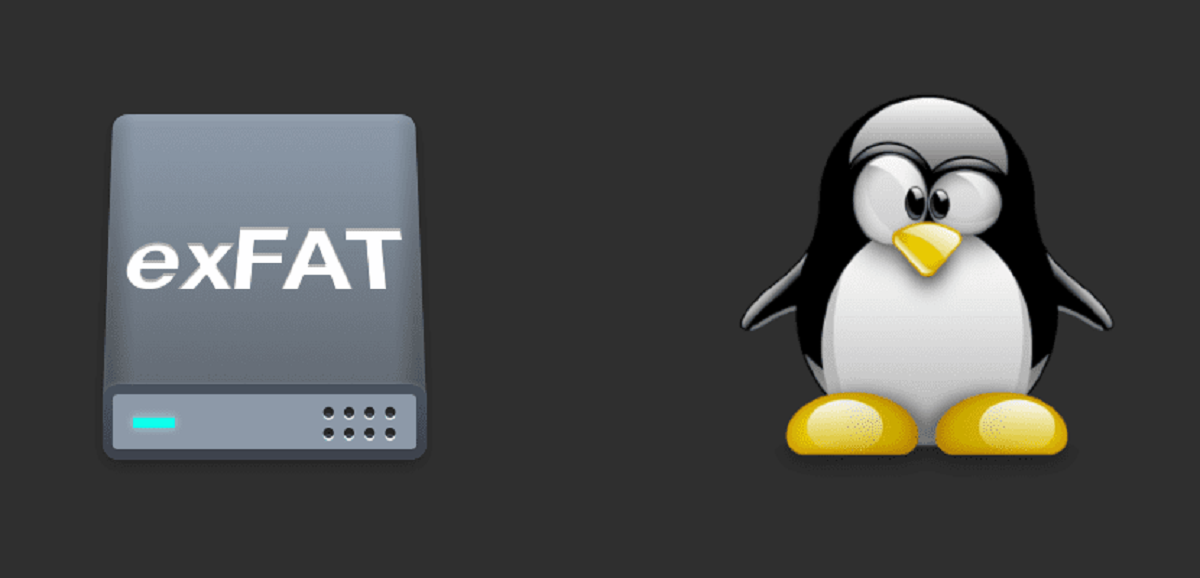
exFAT is a file system created by Microsoft to address the limitations of FAT32 when used in large capacity flash drives. Support for the exFAT file system appeared in Windows Vista Service Pack 1 and Windows XP with Service Pack 2.
Maximum file size compared to FAT32 expanded from 4GB to 16 exabytes, the restriction on the maximum partition size of 32GB was removed to reduce fragmentation, plus a free block bitmap was introduced for speed, the limit on the number of files in a directory was raised to 65 thousand, the ability to store ACLs was provided.
As you will know, Until recently the use of this file system in Linux was through the activation of its support with the help of the use of software developed by third parties. Because the implementation was private.
However until a few months ago Microsoft published the publicly available specifications and made it possible to use exFAT patents for Linux for free.
Although this move by Microsoft did not release the source code, what it does is you are only releasing the rights to use exFAT and to reserve any intention of claim or demand together with the members of the Open Invention Network (OIN).
Far apart from that, the exFAT driver also developed by Samsung and which has proposed to include in the Linux kernel a set of patches with the implementation of the new exFAT driver, based on the codebase "sdfat" current, developed for the firmware of Samsung Android smartphones.
We plan to treat this release as the bottom-up future for the codebase once merged, with all new features and bug fixes going first.
Judging by the available data, the new code involves more operations with metadata and includes the correction of several errors. Until now, it is only used on Samsung Android devices.
In this implementation offered by Samsung, added to experimental section »staging» ("Drivers / staging /") Linux kernel 5.4 based on outdated code (version 1.2.9).
Even though Android firmware enthusiasts ported a new driver sdFAT (2.x), but Samsung decided to introduce this driver into the main Linux kernel on its own.
So far the proposed implementation by Samsung has received several approvals from prominent Linux kernel developers.
As such, given the moment, there are still chances that this exFAT driver could potentially replace the current prep exFAT driver for Linux 5.6 if the remaining code reviews go well.
Compared to the sdfat driver shipped in the phoness, the following changes have been made:
- Compared to the exFAT driver previously added to the kernel, the new driver provides a performance increase of approximately 10%.
- The code with the implementation of VFAT FS has been removed, as this filesystem is already supported separately in the kernel (fs / fat).
- Controller name changed to exfat
- Code re-invoiced and cleaned to fully integrate into upstream Linux version and follow Linux coding style
- Optimization of metadata operations, such as file creation, file system item search (search), and directory content definition (readdir) has been performed.
- Bugs identified during additional testing have been fixed.
If patches are accepted, they will be included in the Linux 5.6 kernel code, whose publication is expected in approximately 2 or 3 months to date. Although if a problem does arise, the implementation of the Samsung exFAT driver could be delayed to version 5.7 of the Linux kernel.
Finally, if you want to know more about the news, as well as the features that are added in the new version of the Samung exFAT driver which is version 11 you can do it in the following link.